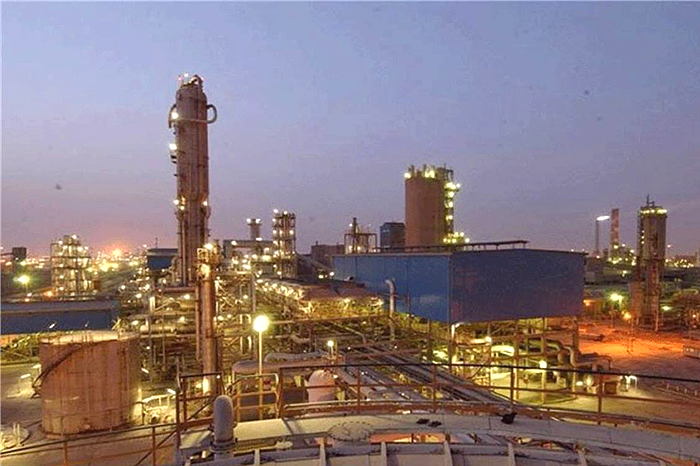On January 16 2015, the Joint Comprehensive Plan of Action (JCPOA) was put in to action and all the EU-US sanctions as well as all the United Nations Security Council resolutions against Iran were abolished, which provided the best space for the development of the petrochemical industry in the Iran.
The existence of huge oil and gas resources in Iran is considered as a strategic advantage for the country. Likewise, being aware of the advantages of investing in the Iranian petrochemical industry after JCPOA implementation, international companies' rushed to the country to hunt out investment opportunities in the sector. They targeted the country as it offered unparalleled advantages to the sector like abundant and cheap feedstock, access to high seas, adequate land, infrastructure, skilled manpower, etc.
Total, Linde, BASF, Shell, Mitsui, Sojitz and Hyosung are among the companies that have expressed a desire to join and invest in Iran's petrochemical industry in the post-JCPOA setting. The result of the talks with these companies are signature of a memorandum of understanding (MoU) for carrying out studies on the implementation of a petrochemical project in Iran with the participation of Iranian investors with France's Total, signing of an MoU for studying and evaluation of investment in the Iranian petrochemical industry and adopting the technical savvy for developing the sector with gas to liquids (GTL) projects as a priority with the Royal Dutch Shell Company, signing of a Memorandum of Understanding for a joint project with South Korea's Hyosung for developing a PDH/PP project, signing of an MoU on implementation of B.O.O or B.O.T projects in Iran with investment from German banks and carrying out another project with Germany's Linde Group.
Agreements and talks with foreign banks such as Denmark, Japan, Germany and Britain to finance petrochemical projects are among other post-JCPOA openings in Iran.
Obviously, conversion of these memoranda of understanding into operational contracts is obvious is a time-consuming process; therefore, circumstances should be prepared for the presence of foreign investors in the sector. It should also be noted that the expansion of relations with the world and the reduction of investment risks in the country can lead to continuation and preservation of investments and, consequently, the stronger presence of Iran's petrochemical industry in the global markets and, ultimately, the growth of the country's economy.
Apart from the need to raise funds for the development of the petrochemical industry, it is impossible to ignore the improvement of the export of petrochemical products in post-JCPOA era. Petrochemical export shipments were severely impacted by the international boycotts on Iran. But, thanks to the efforts exerted by Rouhani Administration, many of the issues relating to insurance policies and transpiration of goods as well as currency and banking transactions diminished and export destinations augmented.
Most of the activities in the petrochemical industry are carried out in a process, so with the increasing diversity of products and the intense competition of petrochemical manufacturing companies in the global markets, the industry needs new technologies for sustainable growth. The use of new technologies is a trump card for the development of any country. As a result, the improvement and modernization of the petrochemical industry processes and the growth of the quality of the products must be considered far more than before.
Global interactions can minimize the gap between developing countries and the developed ones. Tapping the successful experiences in the world, while covering this gap, prevents waste of resources. Besides, we shall witness the rapid growth of knowledge and technology in the country with global partnerships.


Your Comment